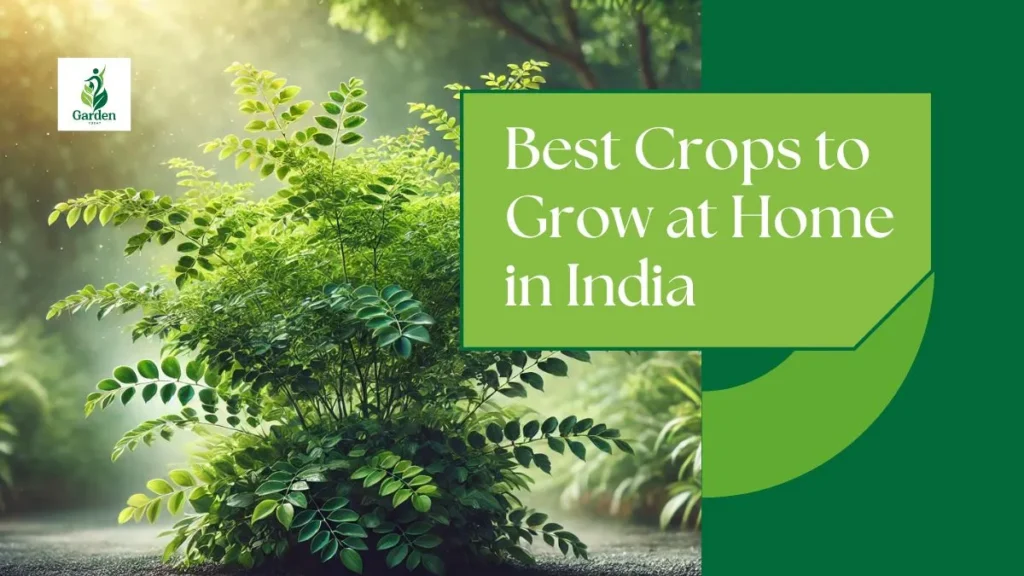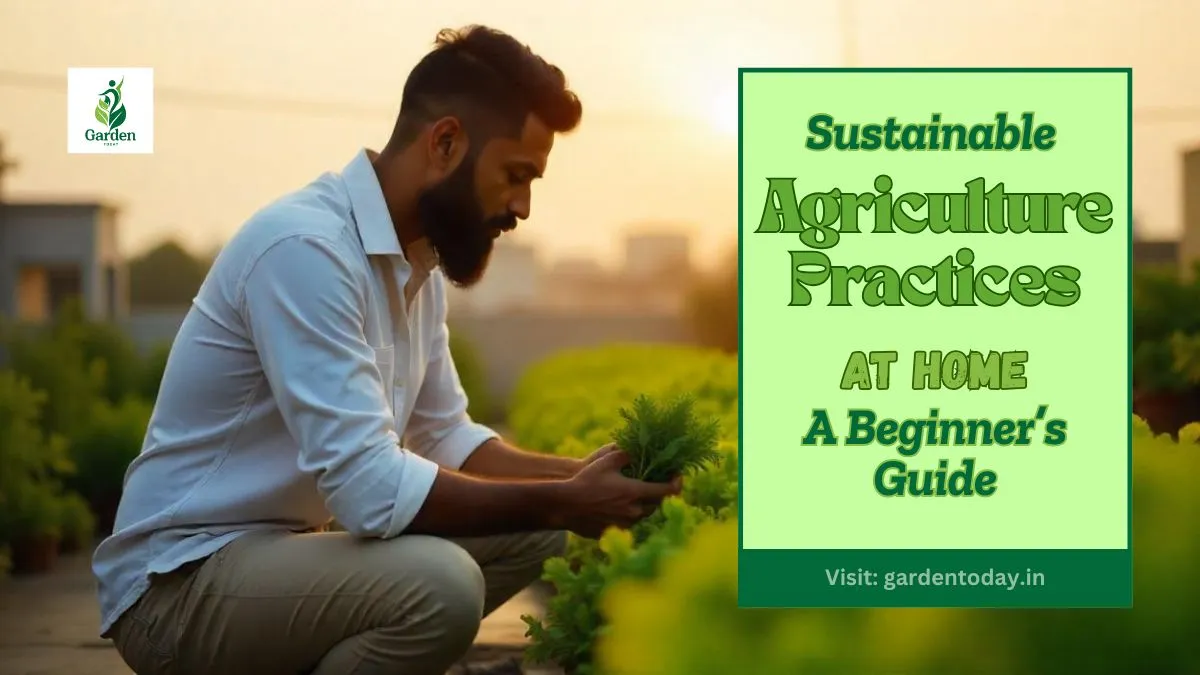As self-sufficiency becomes a priority in today’s world, unsafe agricultural practices at home are becoming common. This is a wonderful way to go green. Sustainable agriculture improves the environment and helps you grow healthy crops whether you are a beginner or an expert gardener.
What is Good Agricultural Practice (GAP)?
Good agricultural practice refers to certain conditions necessary for farming that guarantee environmental sustainability, economic viability, and food safety. These practices ensure that limited resources are utilized efficiently, construction chemicals are lower, and clean soil is maintained. GAP is usually funded by the Food and Agriculture Organization (FAO) and the Indian Council of Agricultural Research (ICAR), which provide resource and guideline help for farmers and gardeners so they can practice successful GAP. Eco-friendly farming programs, such as the Paramparagat Krishi Vikas Yojana (PKVY), in India can fund GAP.
Why Practice Agriculture at Home?
Practicing farming at home assists in providing numerous advantages, including:
- Health Benefits: Pesticidal exposure can be risky; however, homegrown food is fresher, unlike store-bought food, which is chemically enhanced.
- Environmental Impact: Reduced dependency on supermarket produce leads to a decrease in carbon footprints as transportation emissions are minimized.
- Cost Reductions: Cultivating your vegetables can help save money spent on groceries, particularly for things like organic fruits and vegetables.
- Independence: Growing vegetables and fruits guarantees a dependable source of food during unpredictable times.
- Mental and Physical Wellness: Gardening helps enhance emotional well-being as it acts as a form of physical activity that allows for a tranquil encounter with nature.

Tips for Home Gardeners
For new practitioners, here are some moderate yard work techniques that can encourage starting a home farm that is in harmony with nature.
- Backyard Organic Farming
Do not apply synthetic fertilizers or pesticides. Rather, maintain the garden using compost, cow dung, vermicompost, and even pest control, such as neem oil and turmeric solution, or companion plants taking care of each other’s pest issues. In India, the National Program for Organic Production (NPOP) claims that organic farming policies safeguard the fertility of soils as well as biodiversity. Personally, as a gardener, I have used compost for years and have found the addition of earthworms speeds up decomposition and provides a richer soil.
- Crop Rotation and Companion Planting:
Switching crops each season helps to avoid exhausting nutrients from the soil, as well as minimizes pest problems. For instance, in India, they rotate pulses like moong dal with leafy greens to maintain the health of the soil. Companion planting, such as planting marigolds next to tomatoes, helps to repel pests while improving growth. In my garden, growing holy basil (tulsi) around vegetables naturally keeps insects away, which has been a wonderful change.
- Composting and Earth’s Fertilizer
Soil health is unquestionably the most crucial element for successful farming. The Indian Agricultural Research Institute (IARI) recommends composting to convert organic waste into useful compost. Start composting your kitchen leftovers, shredded dry leaves, and garden scraps to utilize as a fertilizer. Other methods of composting, such as ‘Amrut Mitti’ and ‘Jeevamrut,’ are also very efficient. Personally, I have a compost pit in my backyard, and I turn it every month or so. The results have been amazing for my vegetable beds!
- Efficient use of water resources.
To save water, consider using rainwater harvesting, mulching, and drip irrigation systems. Jal Shakti Abhiyan suggests that appropriate drip irrigation systems can minimize waste and guarantee longer-term availability of water. In addition, other ancient Indian conservation methods like ‘Khadins’ in Rajasthan, ‘Johads,’ and bamboo drip irrigation in the Northeast have worked very well. For instance, I collect rainwater in barrels and utilize it to irrigate my garden. This helps alleviate my water bill and saves money during dry periods.
- Container and Vertical Gardening
Individuals who have spatial constraints can make use of container and vertical gardening. You can grow herbs and even fruits in pots or stacked planters to maximize efficiency. There are many households in India that successfully achieve the cultivation of coriander, curry leaves, and mint in pots on their balconies. Aquaponics is another method of gardening that urban farmers can take advantage of. This technique allows the cultivation of plants without the use of soil. I recently began growing strawberries and spinach in vertical planters on my terrace, and surprisingly, they prospered!
- Integrated Pest Management (IPM)
Utilize esoteric forms of pest control like encouraging ladybugs, birds, and mantises to replace harmful pests in the garden instead of using chemical pesticides. ICAR recommends these forms of pest control, which include using neem oil, garlic, or turmeric spray. Personally, I consistently prepare and apply a mixture of neem and chili spray, which proves to be highly effective.

Best Crops to Grow at Home in India
If you live in India and are interested in growing your own food, you can start with these simple steps.
- Climate-resilient crops: spinach and chilies, along with other vegetables such as tomatoes, okra, brinjal, and bottle gourd.
- Herbs: Tulsi, coriander, mint, curry leaves, and lemongrass.
- Fruits: papaya, guava, lemon, banana, and pomegranate.
By adopting an organic approach to farming within the home setting, you do your part in caring for Mother Nature and gaining access to fresh and organic food. Research scoping local food systems for the United Nations Sustainable Development Goals (SDGs) indicates that food grown within the household contributes greatly to the global food security challenge. The government of India also has programs such as Paramparagat Krishi Vikas Yojana (PKVY) that support the adoption of sustainable farming.
Go ahead and try new things. Begin with tracking your work with credible institutions such as ICAR, IARI, and local Krishi Vigyan Kendras (KVKs). More than a trend, farming is a lifestyle that will improve you and the world. From my personal experience, there is nothing that beats the joy of harvesting food fresh from your own garden. Happy gardening!
Visit Garden Today
